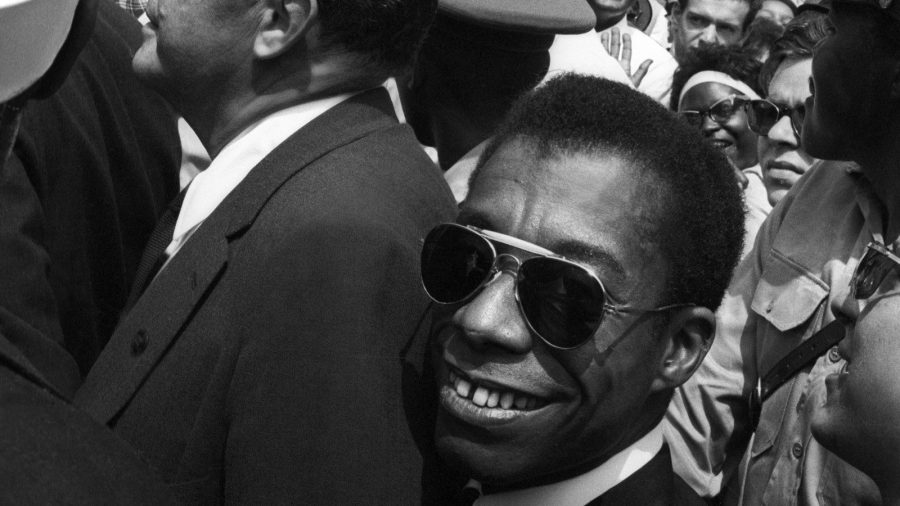In cinemas nationwide now
Raoul Peck brings the bloody history of race in 20th century USA to riveting life through the words of James Baldwin. One of the foremost intellectuals of modern America, Baldwin was furiously eloquent both in his writing and his public appearances. In I Am Not Your Negro, Peck uses archive footage and thirty pages of notes from an unfinished manuscript to examine the black experience in American society. To have been titled ‘Remember This House‘, these notes were intended to be a memoir of three murdered figureheads: Malcolm X, Martin Luther King Jr, and civil rights activist Medgar Evers, all of whom Baldwin knew personally.
Samuel L.Jackson dials down his own habitually firebrand delivery, and narrates these words with sober gravitas over a jagged mosaic of footage from the Jim Crow years up to the recent unrest in Ferguson. The emphasis, as expected, is on the explosive years of the civil rights movement when Baldwin was in his elegant pomp. Footage of him delivering a talk at Cambridge and an appearance on American television with a terrified-looking Dick Cavett is thrilling, a reminder of how far we’ve sunk in terms of the quality of public discourse since then.
The footage of Malcolm X and Martin Luther King Jr crossing metaphorical swords in debate is also jaw-dropping stuff. It’s easy to contextualise this period as a homogenised, unified fight against the monolithic evil of racism, but this fails to take into account the diverse, highly individual personalities and their methods. It is in highlighting this that Peck’s documentary excels.
Where it is less successful is in skirting over Baldwin’s experience as a gay man. It is mentioned briefly, in the context of a memo from the FBI referring to him as ‘an homosexual’. This is followed by an unnecessary nudge-wink jump cut to J. Edgar Hoover; a little on the nose and lacking the elegance of Baldwin himself. By the time of the civil rights movement, Baldwin had already turned his attention to works such as Giovanni’s Room and never sought to keep this aspect of himself hidden. It’s also true that Malcolm X’s bisexuality often goes unmentioned when discussing these iconic figures of the time, but Baldwin’s sexuality was such an integral part of his work that it seems odd to overlook it. Perhaps it’s harsh to criticise a film for what it never sets out to be. Peck may have felt that it would sidetrack his main focus.
Overall, I Am Not Your Negro is an engrossing, gripping account of a turbulent period through the heavy-lidded gaze of a great writer and orator. Along with Ava DuVernay’s 13th, it provides an excellent primer for a complicated subject, particularly in the uncertain times into which we’ve plunged.
